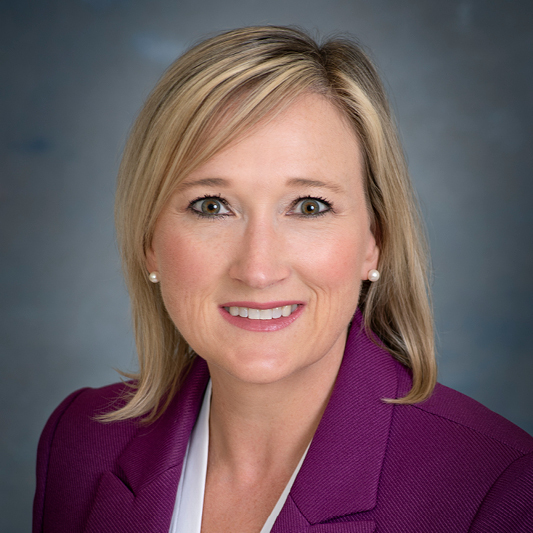The question I am often asked is "do I really need a trust?" This is usually followed by a statement along the lines of "I have named beneficiaries to receive all of my accounts and the only other asset I own is my house." The short answer is: an estate of any size can benefit from a trust. Simply put, having a trust allows you to decide who will receive your assets, when they will receive your assets, and the manner in which your assets will be distributed to them.
Most people understand that a trust is preferable to a will in that a trust avoids probate. Of course, assets titled in joint tenancy and assets having a beneficiary designation will also avoid probate. Both of these techniques will result in a property automatically passing to the surviving beneficiary without probate. If, however, your joint tenant and/or designated beneficiary should predecease you, then any such property becomes subject to probate once again unless and until you take further action with respect to the ultimate disposition of the property.
A beneficiary, pay-on-death (POD) or transfer-on-death (TOD) designation will cause the timing of the distribution to occur upon an account owner’s death. Joint tenancy is also widely used as a tool to pass property upon a person’s death. The designation of joint tenancy, however, brings with it much more than simply being a gift upon death. Adding someone as a joint tenant to your property, gives that person present access to your property up to the whole thereof. For this reason, care should be taken in setting up joint tenancy unless you intend for your joint tenant to receive current rights in your property or you trust the person implicitly to carry out your wishes with respect to the disposition of such property both during your life and upon your death.
Assuming your joint tenant and/or named beneficiary survives you, the whole of the subject property will pass to such person upon your death. In other words, these probate avoidance techniques do not allow you to direct the timing or the manner of the distribution. For example, you cannot provide that the property be paid out to them over time or upon attaining certain ages, etc. In addition, should your joint tenant and/or designated beneficiary be a minor, he or she is unable to receive the property until someone takes steps to have a formal guardian of such minor appointed through the court.
If real property is indeed the only asset that is left for you to make provisions for upon your death, Nevada law allows for the execution and recordation of a deed upon death. While this may seem like a quick and easy solution to provide for the disposition of real property, it also carries with it certain drawbacks. The way the law is currently written, creditors reserve the right to assert claims against the property for 18 months following death. Consequently, a beneficiary of a deed upon death is realistically precluded from transferring or selling the property for a minimum of 18 months since title companies have been reluctant to insure title until after the creditor period has fully run.

While one or more probate avoidance techniques may be useful for certain assets in specific instances, there is simply no other estate planning technique that affords the same level of flexibility as a trust. A trust lets you determine the exact moment of when the desired gift will be made to the intended recipient. It allows you to give property outright or to maintain property in trust to be gifted out over time as you may direct. In the case where a beneficiary should predecease you, the trust can provide for any number of successive beneficiaries. It provides for orderly administration and distribution under the care of the person you appoint to act as your trustee. In short, a trust provides a canvas for you to design a plan to accomplish all of your estate planning objectives without the unintended consequences and/or pitfalls associated with other planning techniques. Thus, there is no real substitute for setting up a trust.

"*" indicates required fields